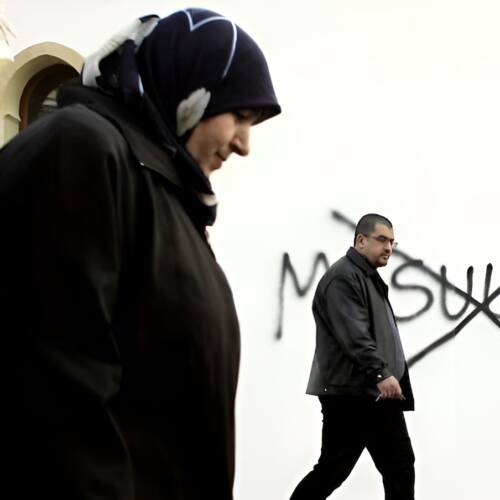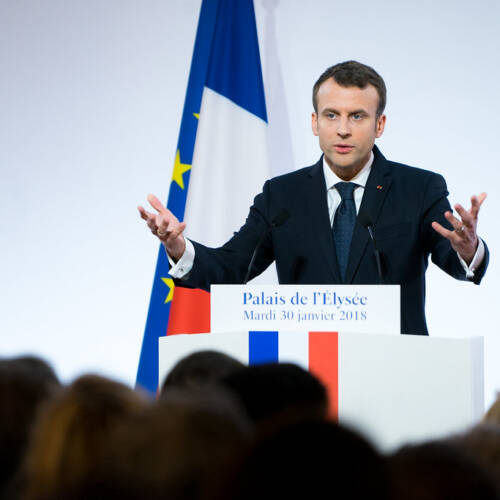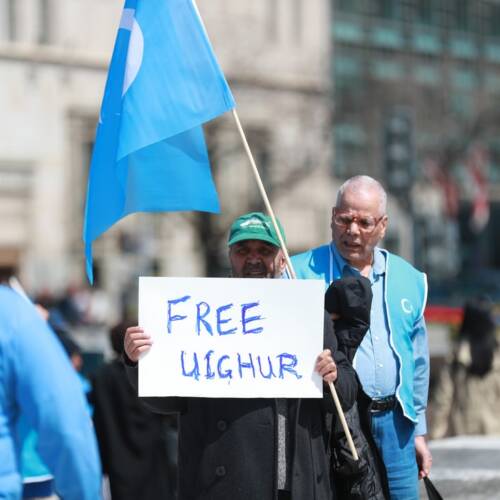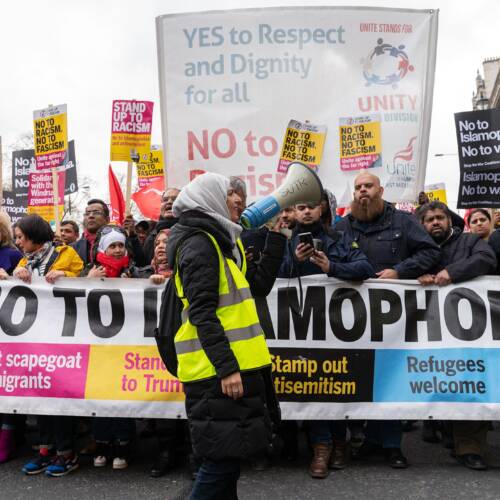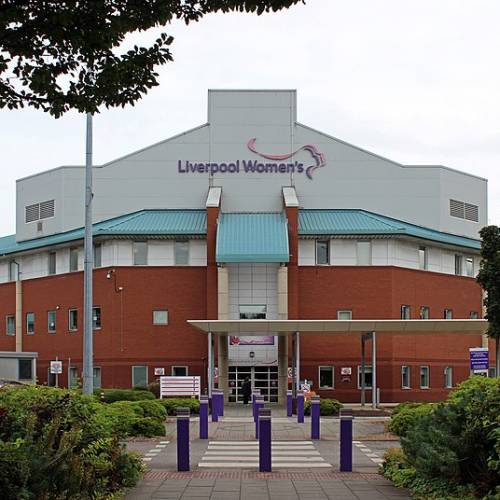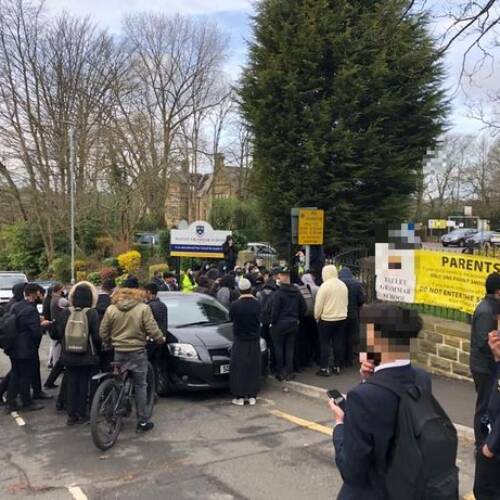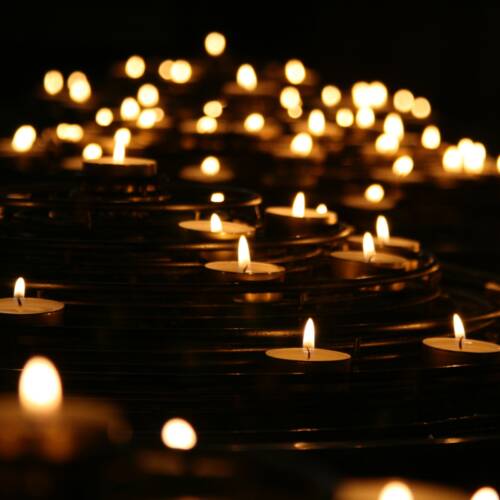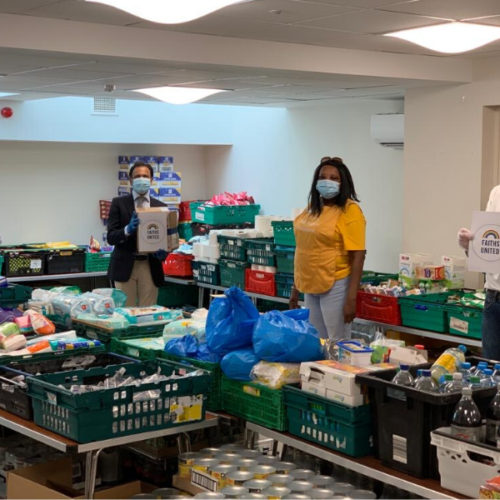
Islamophobia in India Worsens Amidst Rising Coronavirus Cases
20 Apr 2020As the number of confirmed COVID-19 cases in India surges, there are fears that the already-severe wave of Islamophobia in the country is also worsening. In recent days, there have been an upsurge of reports claiming that hospitals in India are segregating Hindu and Muslim Indians and, in some cases, even refusing to admit Muslims to the hospitals on grounds of their religion. These reports come after India has seen a severe rise in Islamophobic rhetoric, alleging that the community is responsible for the spread of the coronavirus.
The issue is also taking an increasingly-international dimension. On Sunday, the Pakistani Prime Minister, Imran Khan, accused the Indian Prime Minister, Narendra Modi, of deliberately and violently targeting Indian Muslims to divert backlash from the mishandling of the crisis by his government.
Muslims have been segregated in hospitals or were refused admittance
As early as the start of April, India has seen numerous reports of Muslims being refused entry into hospitals. In Rajasthan’s Bharatpur Distirct, a government hospital was accused of refusing to admit a pregnant Muslim woman, citing her religion. The woman was referred to another hospital but gave birth in the ambulance, with the child dying shortly after. Although the incident was not directly linked to the COVID-19 outbreak, Rajasthan’s Minister of Tourism, Vishvendra Singh, suggested that the cause was related. A similar case was also reported in the Jharkhand state of India.
Hospitals in India also drew fire following reports of “apartheid” treatment last week. In the city of Ahmedabad in the Gujarat state, 1,200 beds earmarked for COVID-19 cases were segregated by faith. The medical superintendent for the Ahmedabad Hospital, Dr Gunvant H Rathod, claimed that the segregation was on the basis of government policy. However, Deputy Chief Minister and Health Minister Nitin Patel, denied any knowledge of such policy.
India has seen a surge of Islamophobic attacks and conspiracy theories
The outbreak appears to have worsened the already-rising wave of Islamophobia in India. Prior to the COVID-19 outbreak, the country saw waves of violence against Muslims related to the promotion of the Hindu-majoritarian ideology of Modi’s ruling BJP. Controversies surrounding the Citizenship (Amendment) Act of 2019, which appeared to enable the stripping of Indian Muslims of their citizenship, exacerbated this, with the riots in New Delhi linked to tensions borne out of this environment.
The emergence of the coronavirus and the allegation by right-wing press that a fringe Muslim group named Tablighi Jamaat, which ignored initial lockdown recommendations, was deliberately spreading the virus, only served to heighten anxieties. Conspiracy theories surrounding the involvement of Muslims in the spread of the virus have become commonplace in the Indian internet since.
Pakistani PM attacks India on Twitter
The controversy has also taken an increasingly-international dimension. On Sunday, the Pakistani Prime Ministry, Imran Khan, waded into the debate, accusing via a tweet that Indian Prime Minister, Narendra Modi, of deliberately and violently targeting Indian Muslims. In the tweet, Khan accused Modi’s government of leaving thousands stranded and hungry as an example of the BJP’s Hindutwa ideology.
The human rights body of the Organization of Islamic Cooperation also urged India to halt the violence against Muslims, warning that maligning Muslims for the spread of the coronavirus and the negative profiling of the community in the media, had resulted in unjustified attacks against Muslims in India.
Khan’s comments in particular, were dismissed by the External Affairs Ministry of India which, in turn, accused Khan of baseless accusations to deflect from Pakistan’s own handling of the outbreak.
India has, so far, had over 17,000 COVID-19 cases, with 543 confirmed deaths.






